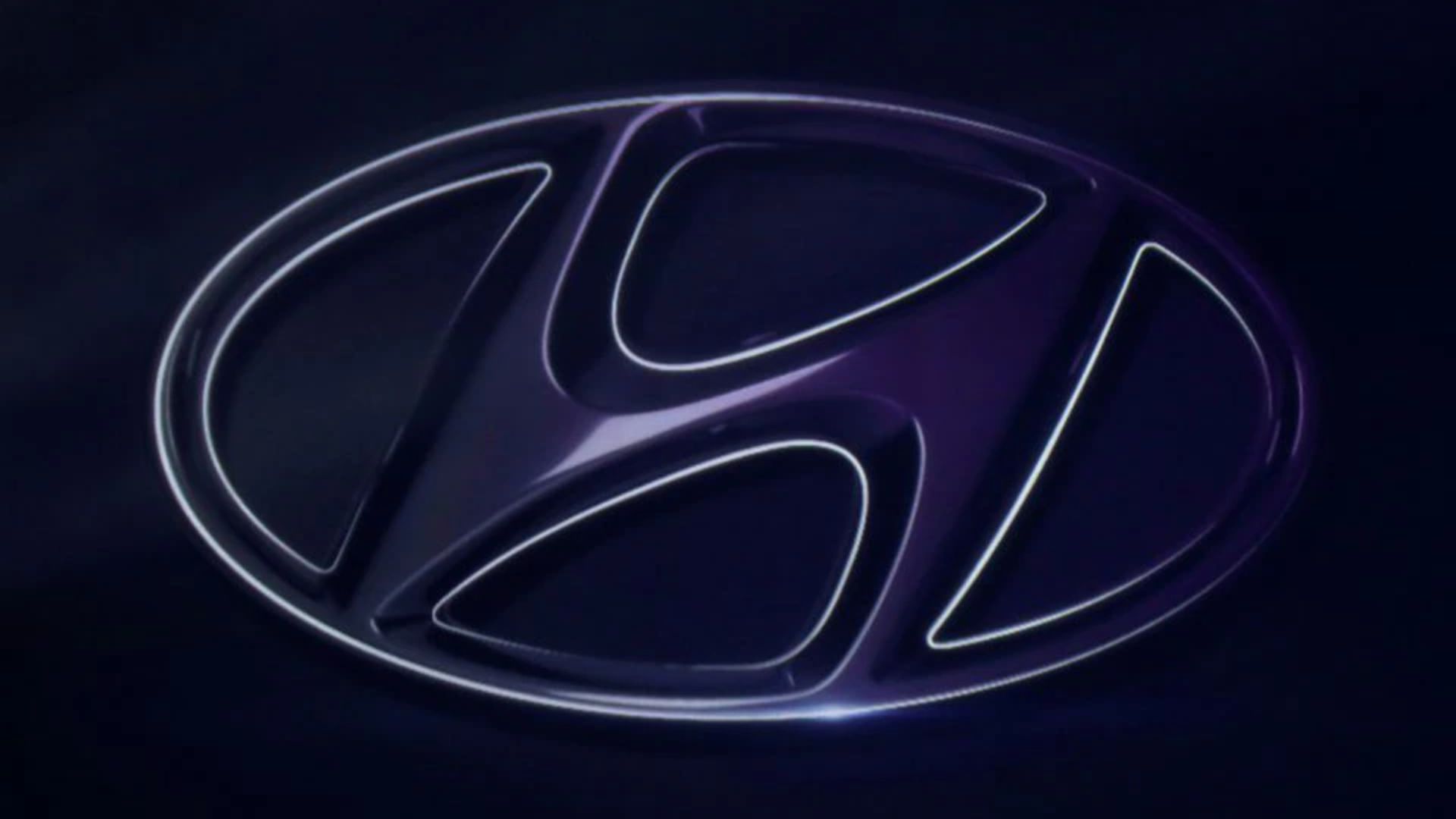Summary
- Hyundai IPO biggest ever in India, Asia’s biggest in 2024
- Company wants to expand in India; first listing outside S.Korea
- Hyundai aims to make India a manufacturing hub for emerging mkts
- Executive says 30% increase in production seen in 3-4 years
MUMBAI, (Reuters) – Hyundai Motor plans to use proceeds from a record $3.3 billion IPO of its Indian unit to enhance its research efforts and develop new cars, aspiring to transform the South Asian country into a manufacturing hub for emerging markets.
Hyundai is due to launch its initial public offering – India’s biggest ever – next week. It will set a value of up to $19 billion for its business in India, the world’s third-biggest car market, where Hyundai competes with market leader Maruti Suzuki and rivals such as Tata Motors.
Unsoo Kim, managing director of Hyundai’s Indian unit, said the the IPO proceeds will be used to “invest aggressively in new products, future technology and research and development capabilities of the India unit”.
Hyundai’s South Korean parent will offload a stake of up to 17.5% in the Indian unit, gaining its first stock market listing outside its home country and becoming the first automaker to go public in India since Maruti Suzuki in 2003.
“India is one of the most exciting auto markets in the world … (The) IPO will ensure that Hyundai Motor India is even more dedicated to succeed in India,” Kim told a press briefing in Mumbai on Wednesday.
The IPO, the world’s second-biggest in 2024, comes just as Indian stock markets scaled record highs but when the country’s car sales growth has been slowing.
While sales of newly launched SUVs are steady, those of hatchbacks and small cars – which make up roughly 30% of annual car sales – are slowing as inflationary pressures in recent months have squeezed mid-income buyers.
Hyundai is India’s second-largest carmaker by sales, with about 15% share of the country’s passenger vehicle market and trails only Maruti Suzuki but a rapidly changing competitive landscape has seen domestic rivals Tata and Mahindra & Mahindra eat into the South Korean company’s market share with new SUVs that are gaining popularity.
HUB FOR EMERGING MARKETS
With a contribution of 15% to sales, India is the third-biggest revenue generator for Hyundai after the U.S. and South Korea. It has invested $5 billion in the country and plans to pump in another $4 billion over the next decade.
Hyundai entered India 28 years ago with its tall-boy design small car called Santro which made it a household name. The carmaker soon plans to launch new electric vehicles, establish charging stations and introduce hybrid cars in India starting in 2027.
The IPO, to be priced in the range of 1,865 to 1960 rupees, opens on Monday for big institutional investors, and on Oct. 15-17 for retail and other categories. The stock is set to start trading in Mumbai on Oct. 22.
At the upper end of that price range, the share sale values Hyundai India at around $19 billion, making up about 40% the parent’s $45 billion valuation on Seoul’s KOSPI index. By comparison, Maruti Suzuki’s market capitalization in India is $48 billion.
Hyundai currently has one manufacturing unit in the country for local sales and exports, with a second plant expected to begin production in 2025 and which will take its total production capacity in India to beyond 1 million units a year.
The Hyundai India IPO is being executed via an offer-for-sale route where no new funds are raised and only the parent entity will sell its stake.
Tarun Garg, Chief Operating Officer of Hyundai India, told Reuters in an interview the Indian unit’s profits are currently enough to take care of capital expenditure needs.
“We intend to become a global manufacturing hub for Hyundai for the emerging markets … In next 3-4 years, 30% increase in production will improve our domestic and export volumes,” he said at the press briefing.
Reporting by Dhwani Pandya in Mumbai, additional reporting by Nandan Mandayam in Bengaluru, Writing by Aditi Shah and Aditya Kalra; Editing by Jacqueline Wong, Catherine Evans and Louise Heavens











